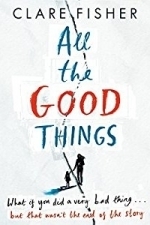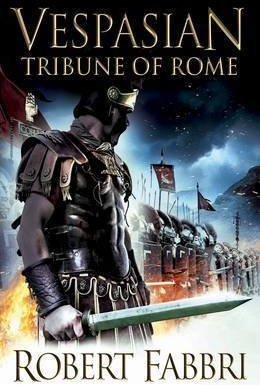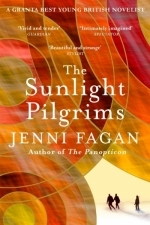Suswatibasu (1703 KP) rated All The Good Things in Books
Jul 25, 2017
Keep the tissues at hand, this empathetic beautiful story will have you bawling your eyes out.
Pritchard has done an excellent job with the characters; great lead character with lots of layers to him and the "villain" of the story is expertly crafted and not revealed until the final moments!!
Will keep you on your toes with the pace and plot which flows so well and the description of Spain is flawless.
I have never personally been but after reading this I feel like I was there as the writing was so descriptive it just made you feel as if you were watching it happening before you.
I look forward to reading the ones after this and will be following!
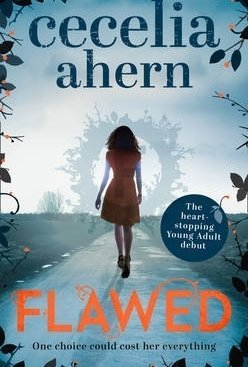
Flawed
Book
The stunning YA debut from internationally bestselling author Cecelia Ahern. Celestine North lives a...
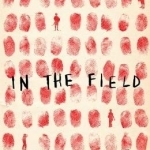
In the Field: 2017
Book
Journalist Orin Perth disappears somewhere in East Africa after delivering a powerful article on...
Tom Turner (388 KP) rated Tribune of Rome in Books
May 6, 2021
This added a level of intrigue to the story for me, obviously this book is only the beginnings of his story, as there are another 9 books in the series. But it's definitely got me hooked.
At times I got a little exasperated with stone of the tropes and plot conveniences used, but I'm giving Fabbri the benefit of the doubt, after all this was his debut novel.
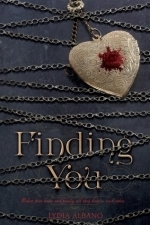
Finding You
Book
Taken from home and family, all they have is each other. Isla is kidnapped from a train platform...
Young_Adult Contemporary
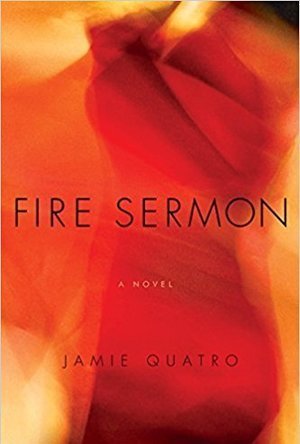
Fire Sermon
Book
Maggie is entirely devoted to her husband Thomas, their two beautiful children, and to God. But then...
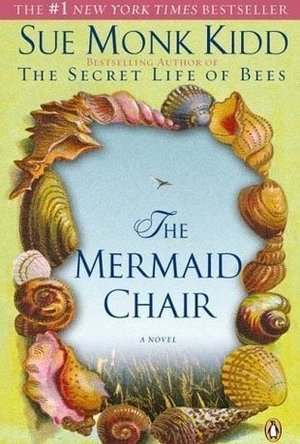
The Mermaid Chair
Book
An alternate cover edition exists here. Sue Monk Kidd's phenomenal debut, The Secret Life of...
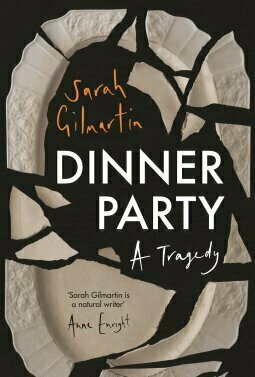
Dinner Party: A Tragedy
Book
A MAJOR 2021 DEBUT FICTION LAUNCH, THIS REMARKABLE IRISH NOVEL ABOUT THE MESSINESS OF MODERN FAMILY...
Eilidh G Clark (177 KP) rated The Sunlight Pilgrims in Books
May 13, 2017
Jenni Fagan’s The Sunlight Pilgrims was published by Windmill Books in 2015 and for me, was a much-anticipated novel. After reading her debut novel, The Panopticon, my expectations were high and I was not disappointed. This is a pre-apocalyptic novel set in a fictional Scottish town of Clachan Fells in the not too distant future of 2020. The novel explores the lives of a community of eccentric individuals living in close the proximity of a caravan park. As the temperatures plunge into extreme minuses, the residents are faced with a bleak and uncertain future, not only of their own survival, but also the survival of the human race.
The most interesting thing about this novel is that on the surface, nothing really happens, yet it would be wise to look deeper. Amongst the daily challenges of individual lives, there lurks a thought provoking tale of identity, community, and environment.
The novel is written from the perspective of two of its main characters Stella – a transgender teenager and Dylan a Londoner who recently moves to Clachan Fells. The most interesting thing about these two characters is the perspectives that each individual has about place. For Stella, her world is a difficult place full of prejudice and rejection, even from her own father. Whilst her own personal identity is unquestionable, the community rejects her choices. This point of view provokes the reader to question the nature of identity, a topic often argued when discussing Scotland. From Stella’s point of view, her own identity is progressive, changing, developing while the society around her static. Alistair’s point of view however, allows the reader a modern and open approach. Described in the prologue as the Incomer (notice the capitalization) directs the reader towards Margaret Elphinstone’s novel The Incomer published in 1987. Elphinstone’s novel is a post-apocalyptic tale and, like Fagan’s, novel examines the question of identity. Thomas Christie suggests in Notional Identities, that Elphinstone is ‘depicting the country’s ability to adapt to extreme change¬ ̶ carving a form of localism from the bones of globalisation ̶ she recognises its progressive aptitude to embrace forces of social transformation while retaining recognisable core cultural imperatives.’ It is no coincidence that Fagan has subtly steered the reader to this novel; identity is clearly a topic that the author is keen to explore. Dylan is a progressive character in Fagan’s novel. Discovering Stella identity very early in the novel, the character never questions her choices or that of Mother who has two partners. Likewise, this progressive thinking expands to the other residents of the caravan park, which houses a prostitute, an alien worshipper, and a disabled man with a crooked back who worships the sky. Not only does Dylan accept people for who they are; his deep connection to the environment makes him instinctive as opposed to the more rational thinkers of the world.
Unlike many modern writers, Fagan raises more questions about society and identity than she answers. This is an interesting technique as it leaves the reader to question the novel as opposed to question to authors own political and societal views. That said there is no doubt that this is a Scottish novel. The story is steeped in Scottish mythical symbolism such as the blackbird that lands on a fence post with his eyes reflecting a vast mountain range, to the eagles and stag’s on the mountains. In addition, the characters take on mythical persona’s including a giant, a girl with second sight, and a moon polisher. With oral tales of Sunlight Pilgrims highlighting the Scottish oral storytelling tradition, and a poetic sentence structure done in true Fagan style this novel feels truly Scottish.
I would highly recommend this postmodern novel, which urges the reader to look beyond society and address the problems of ego and the rational mind in order to create a progressive unified world where outsiders are welcomed as incomers – a prevalent issue in today’s society.
